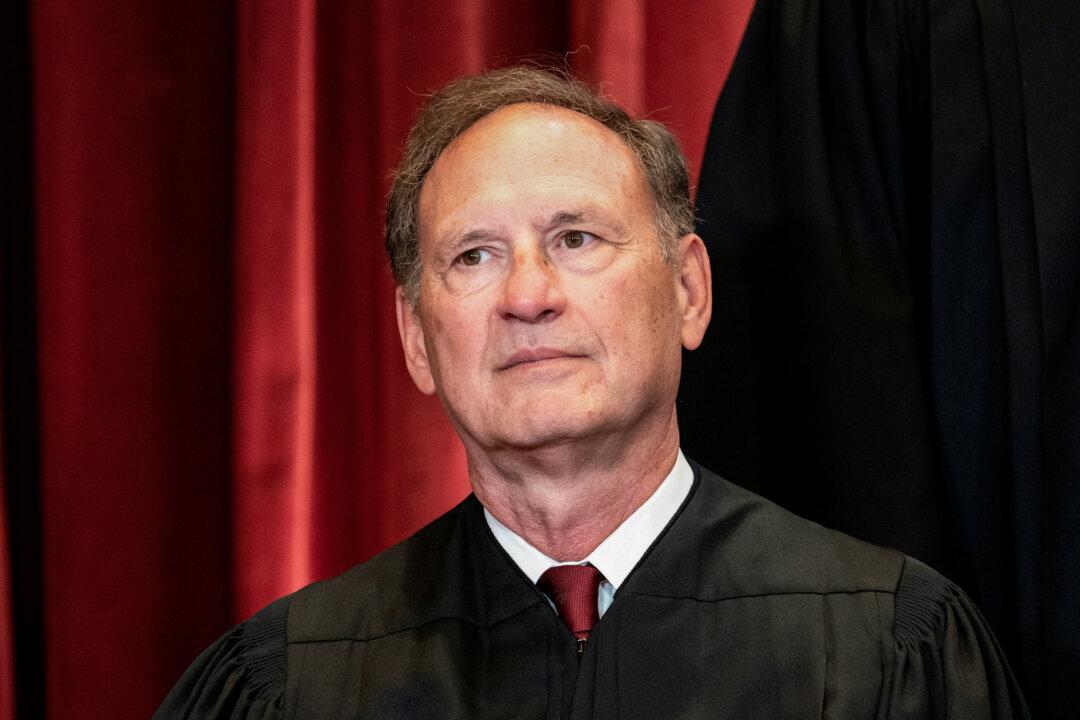The Supreme Court voted 6-3 on May 30 to overturn a lower court ruling that found that an Arizona death row inmate had received ineffective assistance of counsel during the sentencing process.
The Sixth Amendment to the U.S. Constitution guarantees a criminal defendant the right to effective assistance of counsel. At issue in this case is whether a federal appeals court properly weighed the mitigating and aggravating evidence regarding the inmate before ruling that respondent Danny Lee Jones was prejudiced by ineffective counsel during sentencing.





